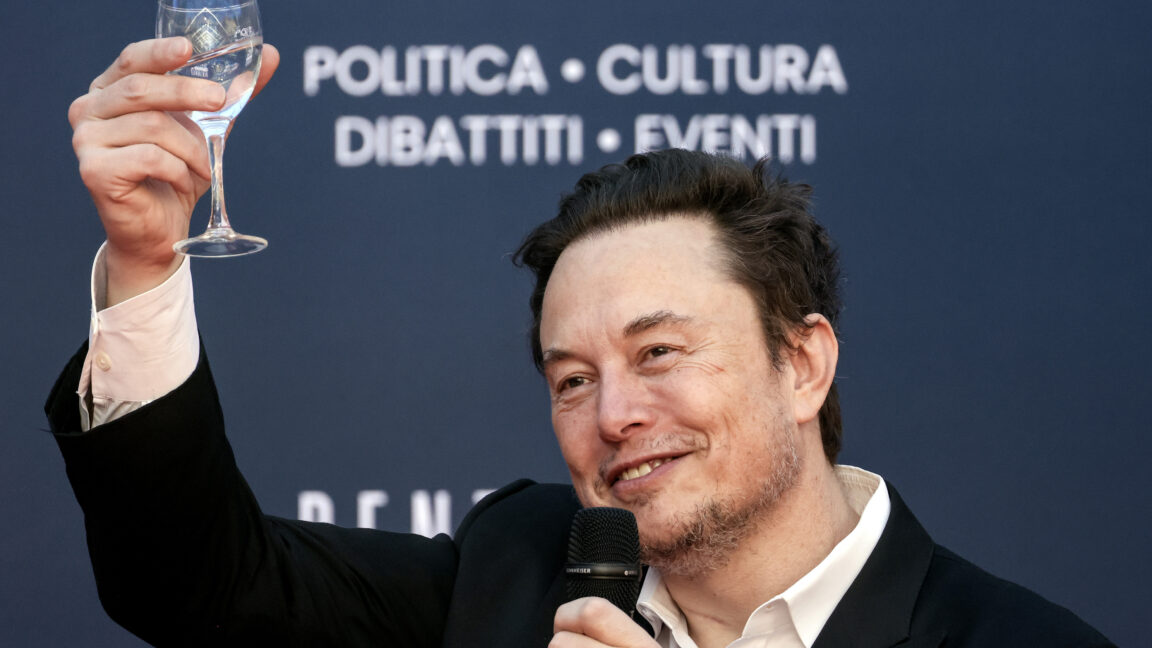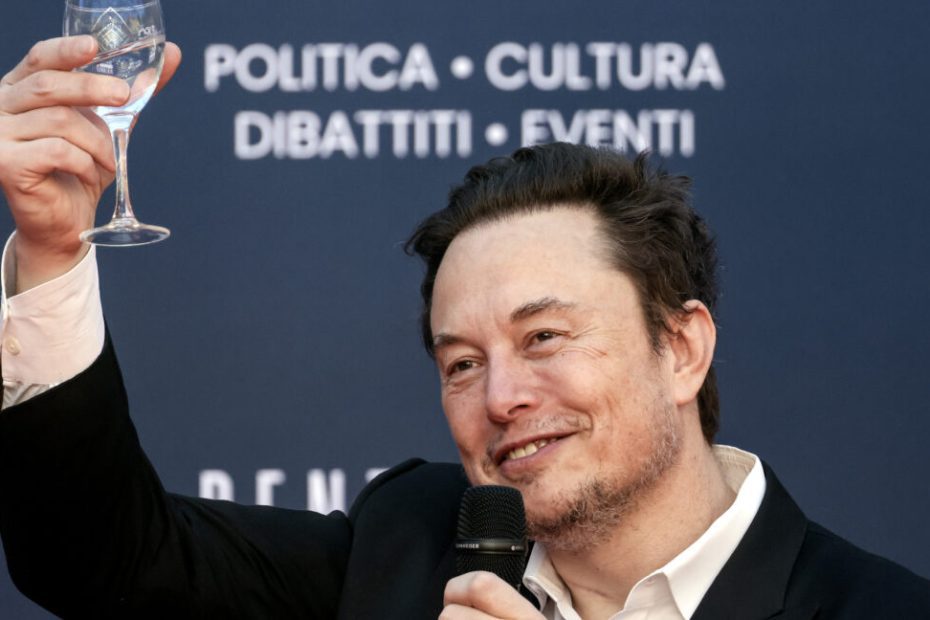
This constellation of 290 satellites, developed by the European Union and the European Space Agency, with Italian participation, is expected to come online in 2030, at a development cost of $10.5 billion. During the lengthy negotiations, Italy even managed to secure one of the three most important ground stations in the country's Abruzzo region.
The reaction from some Italian and European officials to the possible deal between Italy and SpaceX was fierce.
Antonio Misiani, Italy's former deputy finance minister and senator from the opposition Democratic Party, told Politico that a completed deal would represent an “unacceptable sell-out of national sovereignty.”
A senior fellow of the Atlantic Council and former policy advisor to the Italian government, Beniamino Irdi, told the Financial Times: “It sends a political signal to the EU,” Irdi said. “Iris² is a symbol of Europe's strategic autonomy, and a key EU member switching to another solution could be interpreted as a sign of abandonment.”
There are several layers of frustration besides Iris². One involves Musk, who since Trump's election has turned his attention to advancing far-right political causes in Europe, particularly in Germany and the United Kingdom. Meloni, a conservative leader of Italy, considers Musk a friend and ally. Andrea Stroppa, one of Musk's advisors in Italy, explained in September that “Elon recognizes Giorgia Meloni's leadership. And he sees the same in her as he sees in Donald Trump, someone who can defend Western values in danger.”
Fighting with Breton
Musk has also had a long-running feud with French businessman Thierry Breton, who served as European Union Internal Market Commissioner for five years until last September. Breton led the Iris² initiative to provide secure communications from low Earth orbit. He also supported the Digital Services Act, which aims to tackle disinformation published online in Europe. The European Commission has vigorously investigated Musk's social media site X under the law.

